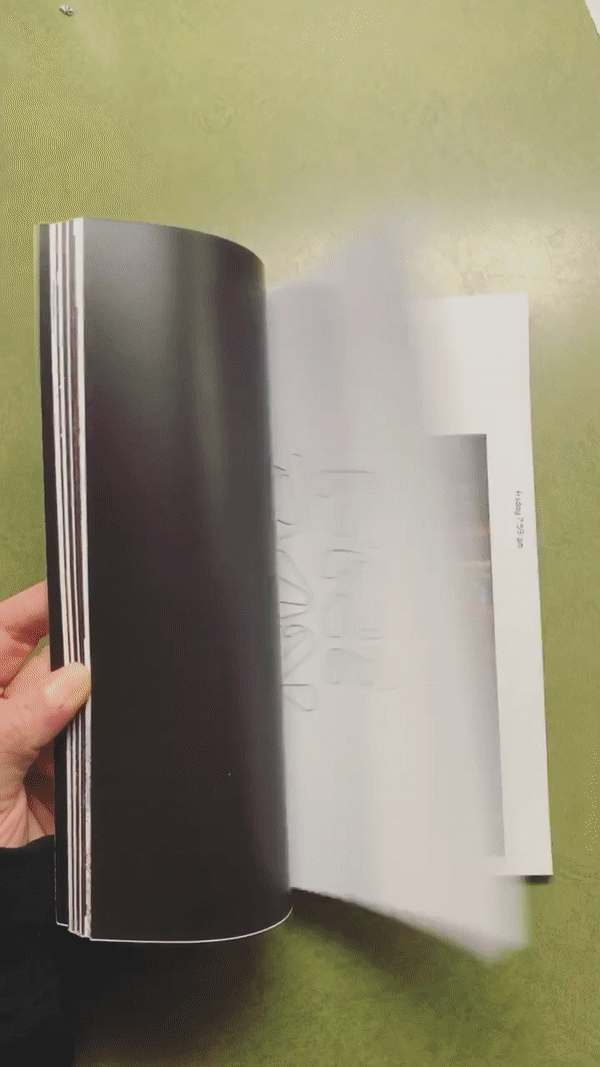

VRChat is a free-to-play massively multiplayer online virtual reality social platform. The developers have released software development kits (SDKs) alongside the game which gives players the ability to generate their own worlds, characters, situations, etc. By freely being able to interact with others in a virtual world, it provides a platform for us to tell our stories that we may not be afforded in real life. We gain freedom to be ourselves, or to be who we wish we were. The anonymity allows us to speak without fear, or, on the other side of the coin, without consequence. I believe users can participate in this world and character building, set amongst familiar mechanisms such as games or social gatherings, to anchor themselves and find time for self-reflection amid the rapid pace of changing reality. VRChat can help shape our participation in our own realities, be they real or virtual. But this also raises the question of what is reality.
To this end, I spent seven “days” in virtual reality journeying through different worlds and meeting different people, which I would then write about in a diary. I used some of the basil.js skills learned in the first have of the semester, mirroring the SKDs that VRChat users can download to create their own worlds as a way of creating my book. The first half of the week, I spent traveling by myself; the second half, I invited some real-life friends to meet with me in these virtual worlds.
To this end, I spent seven “days” in virtual reality journeying through different worlds and meeting different people, which I would then write about in a diary. I used some of the basil.js skills learned in the first have of the semester, mirroring the SKDs that VRChat users can download to create their own worlds as a way of creating my book. The first half of the week, I spent traveling by myself; the second half, I invited some real-life friends to meet with me in these virtual worlds.